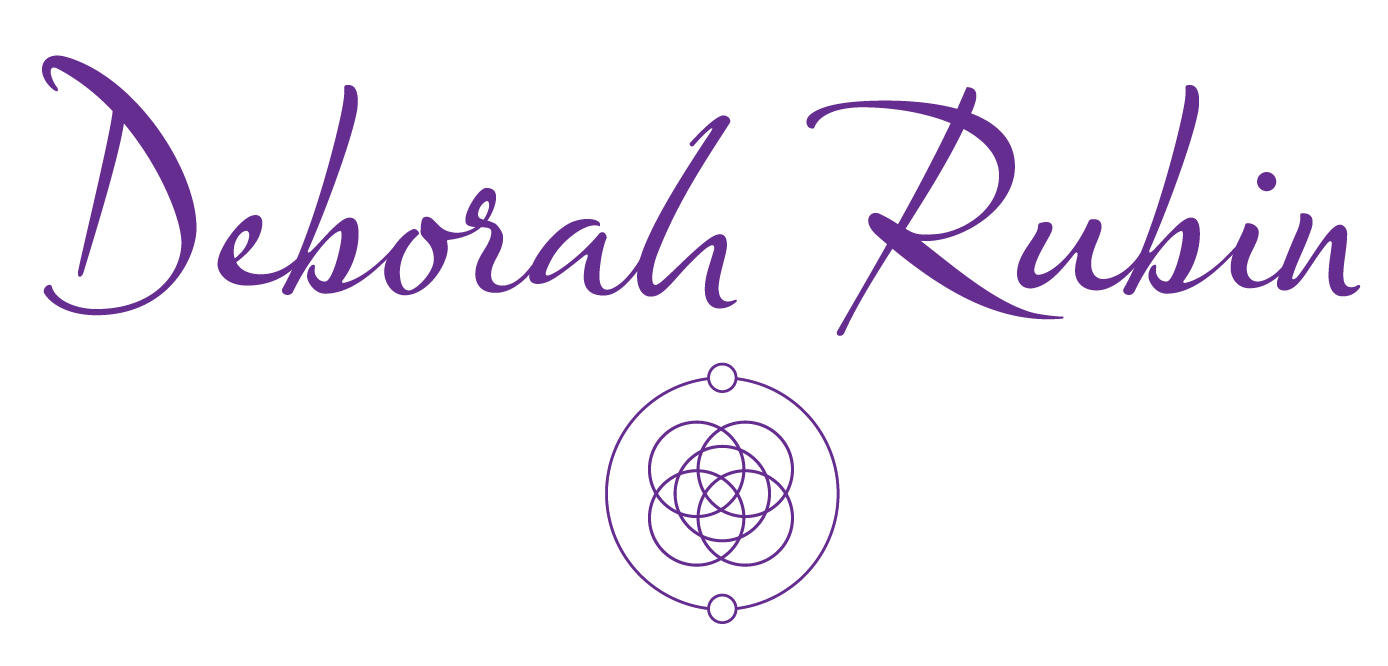Aging and Perfectionism
After professing that I was a recovering perfectionist in last week’s email, I received several responses from friends who admitted that they could relate. Intrigued, I decided to connect with a few friends to see how they interpret perfection and how it shows up in their life. I got some pretty heady information. I must have struck a sensitive chord. Check this out to see if you relate to any of their stories.
My psychologist friend shared that research indicates perfectionism often stems from a parental wound. It can occur when a child or teen grows up with conditional love: "I’ll love you if you do well in school, excel on the soccer field, clean up your room," and so on. Consequently, the child learns that love and worthiness are earned through excellence. Unconsciously, our worthiness becomes contingent on success in various areas of life, such as excelling at work, being a good parent, maintaining a beautiful home, and looking or dressing well. The belief becomes: "If I am perfect, then I will be worthy."
Having been raised on a diet of conditional love by her father, which she resented, translated into striving to look good and excel academically. “Even now, if I feel that my writing doesn't meet a certain standard, I hesitate to share it. Moreover, with age, I've noticed memory decline and poor recall sometimes prevent me from engaging in conversations about topics I used to be highly knowledgeable about, causing me to withdraw from such discussions,” she explains.
Another friend who spent years meticulously creating a park for his community went ballistic when a friend emailed him criticizing something that took pains to organize. In his fury, he tore off a seething letter. As his finger hovered over the send button, itching to send it, his girlfriend suggested he take a few minutes to breathe and settle. The rage inside was so challenging to contain, but he did just that. He knew it was his ego that was aflame. He waited some time and rewrote the letter from a relaxed perspective. Bottom line, the letter touched the little boy in him who was always trying to be perfect, that he wasn’t good enough. In the end, he was thrilled he had the maturity to witness and manage an outdated reaction.
Another friend who is now retired and identifies as a Type A personality has been examining the impact of her tireless work on her health. She’s always worked to create high-level, award-winning productions. Being a prolific creator, she would often get sick but couldn’t stop. Earning money to feed her insatiable desire for traveling was her goal. Perfectionism was a means of proving her self-worth and avoiding criticism or abandonment. Now that she is retired, she realizes that her inflexible work ethic was also a way to avoid facing old fears and insecurities that drove her to overwork. She wasn't allowed to make mistakes in childhood, and perfectionism became a way to gain recognition and acceptance. Now she is striving to shed these old beliefs and embrace new values, shifting from measuring success by how much she can achieve to focusing on her well-being.
Another psychologist friend offered a poetic description, “perfection is a false attempt at being superhuman when humans simply don't have that capability.” She sees how striving for perfectionism often leads to failure and disappointment.
She shared, “I hold myself to very high standards. When writing or creating a course, I won’t consider it finished until I believe it's perfect.” Even after something is published or completed, she finds herself revisiting it, looking for ways to improve it. She admitted that her perfectionism extends to mundane tasks like organizing and keeping her house clean, which, on the positive side, helps keep her mind organized.
“Perfection is a hindrance when I put it before going for a walk, having fun with friends, or just getting away from my desk,” she admits.
I can see similar themes from all these stories reflected in myself. My inner child longed to be perfect and unique so that others would approve of me. In the past, the fear of possible criticism often paralyzed me, leaving me hesitant and self-doubting. However, I'm thrilled to say that the sharp edges of perfectionism have softened. While I still strive to do my best and enjoy the creative process, I'm now more willing to let go of excessive rumination. Plus, I can now embrace the character lines on my face as signs of a life lived with courage and authenticity.
In sharing these stories, it's clear that many of us have grappled with perfectionism throughout our lives. However, as we age, we're beginning to let go of the need for perfection and embracing a more relaxed, balanced way of living. It's a journey of self-discovery and growth that we're all on together. It’s so freeing. 🙏
Lots of hugs. Would love to hear how perfection shows up for you. 💕
Deborah
I'd like to share a few more stories that further illustrate how women navigate their challenges in life. Check out my chapter “Revolving Doors: The Universe Is Your Partner” as part of the Voices of the 21st Century: Women Empowered Through Passion and Purpose, that I co-authored with 45 other women. I think you will be inspired to trust your own sweet whispers.
